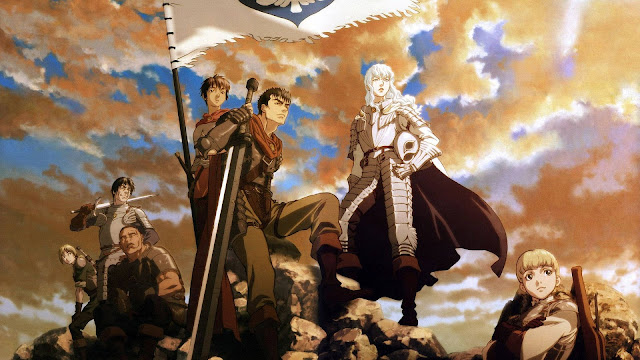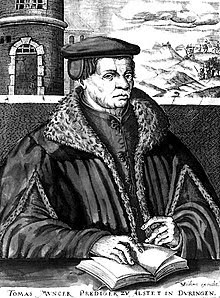THE LESSON I LEARNED FROM GAME OF THRONES AND BERSERK

WARNING: SPOILERS Game of Thrones left a lasting impression on me. I still remember back in the summer of 2011, on the brink of finishing college, when amidst beers at a bar in Pamplona, my friends skeptically discussed the scene in which King Robert Baratheon visits Winterfell on the first Samsung Galaxy S. They had already tackled the hefty tomes of George R. R. Martin's A Song of Ice and Fire series, and the announcement of the series months earlier had raised expectations. It wasn't until two years later that I decided to start watching the show, devouring the three seasons already aired. The impact was so profound that, upon finishing the third season, I couldn't bear to wait another year for the fourth, so I scoured the libraries of my city to reserve the book that followed the season I had just watched. While I already associated the characters with the actors, many others appeared, and the details of each, the descriptions of the places, actions, and environment



